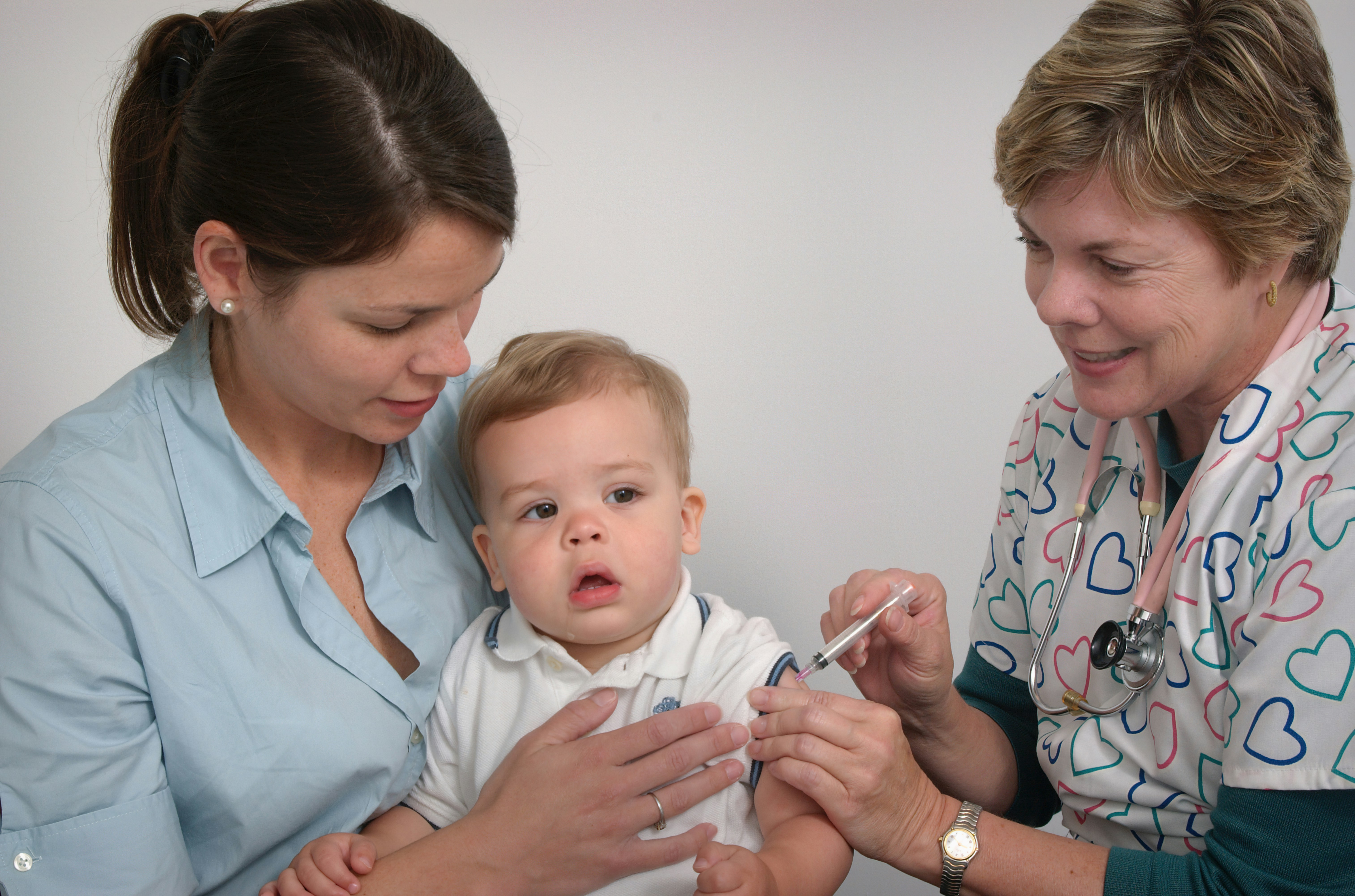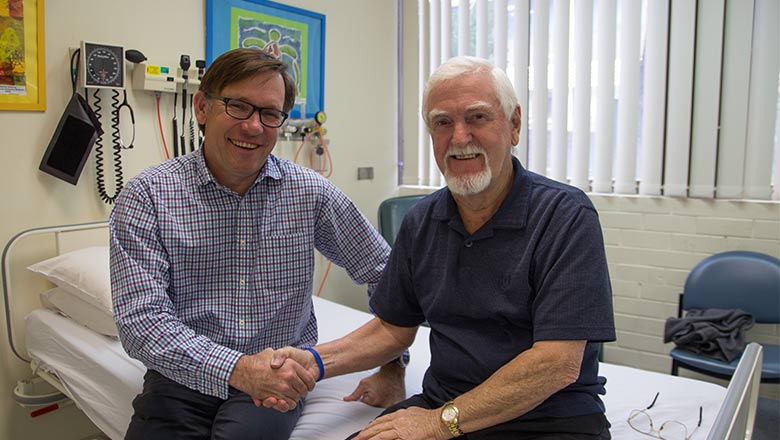Search
Research
Toll-like receptor 7 and 8 polymorphisms: Associations with functional effects and cellular and antibody responses to measles virus and vaccineThe functionality and effects of TLR7 and TLR8 polymorphisms on cellular and antibody responses was investigated after the first measles vaccine dose.


News & Events
The Kids researchers help quantify global impact of life-saving vaccinesResearchers at The Kids Research Institute Australia have helped map the global impact of life saving vaccines to mark the 50-year anniversary of the Expanded Programme on Immunisation (EPI).

News & Events
Vaccine trial aims to curb ‘superbug’Sarah Le Roi knows well how debilitating Clostridium difficile infection (CDI) can be. She was struck down with the 'superbug' while on holiday in the US.
News & Events
Wesfarmers Centre of Vaccine and Infectious Diseases Research Seminar Series 2014Wesfarmers Centre of Vaccine and Infectious Diseases Research Seminar Series 2014.Genetic and functional studies of leishmaniasis: understanding the role of HLA
News & Events
Infectious Disease & Vaccination Public SeminarHear the facts about vaccination and infectious disease from some of Australia's leading experts: Professor Jonathan Carapetis, Dr Peter Richmond

News & Events
WANTED: 'Flu BustersHundreds of healthy volunteers are needed in Perth to test the effectiveness of a current 'flu vaccine.
Research
The global burden of sore throat and group A Streptococcus pharyngitis: A systematic review and meta-analysisContemporary data for the global burden of sore throat and group A Streptococcus (Strep A) pharyngitis are required to understand the frequency of disease and develop value propositions for Strep A vaccines.
Research
Re-examining Hepatitis B Postexposure Prophylaxis Following Pediatric Community-acquired Needle-stick Injury in an Era of a National Immunization RegistryLong-term hepatitis B immunity has been demonstrated following the completion of the primary vaccination series in childhood. Some guidelines recommend a hepatitis B surface antibody (anti-HBs) directed approach following community-acquired needle-stick injury (CANSI) to inform hepatitis B postexposure prophylaxis (PEP) management.
Research
Efficacy of the adjuvanted subunit protein COVID-19 vaccine, SCB-2019: a phase 2 and 3 multicentre, double-blind, randomised, placebo-controlled trialA range of safe and effective vaccines against SARS CoV 2 are needed to address the COVID 19 pandemic. We aimed to assess the safety and efficacy of the COVID-19 vaccine SCB-2019.
